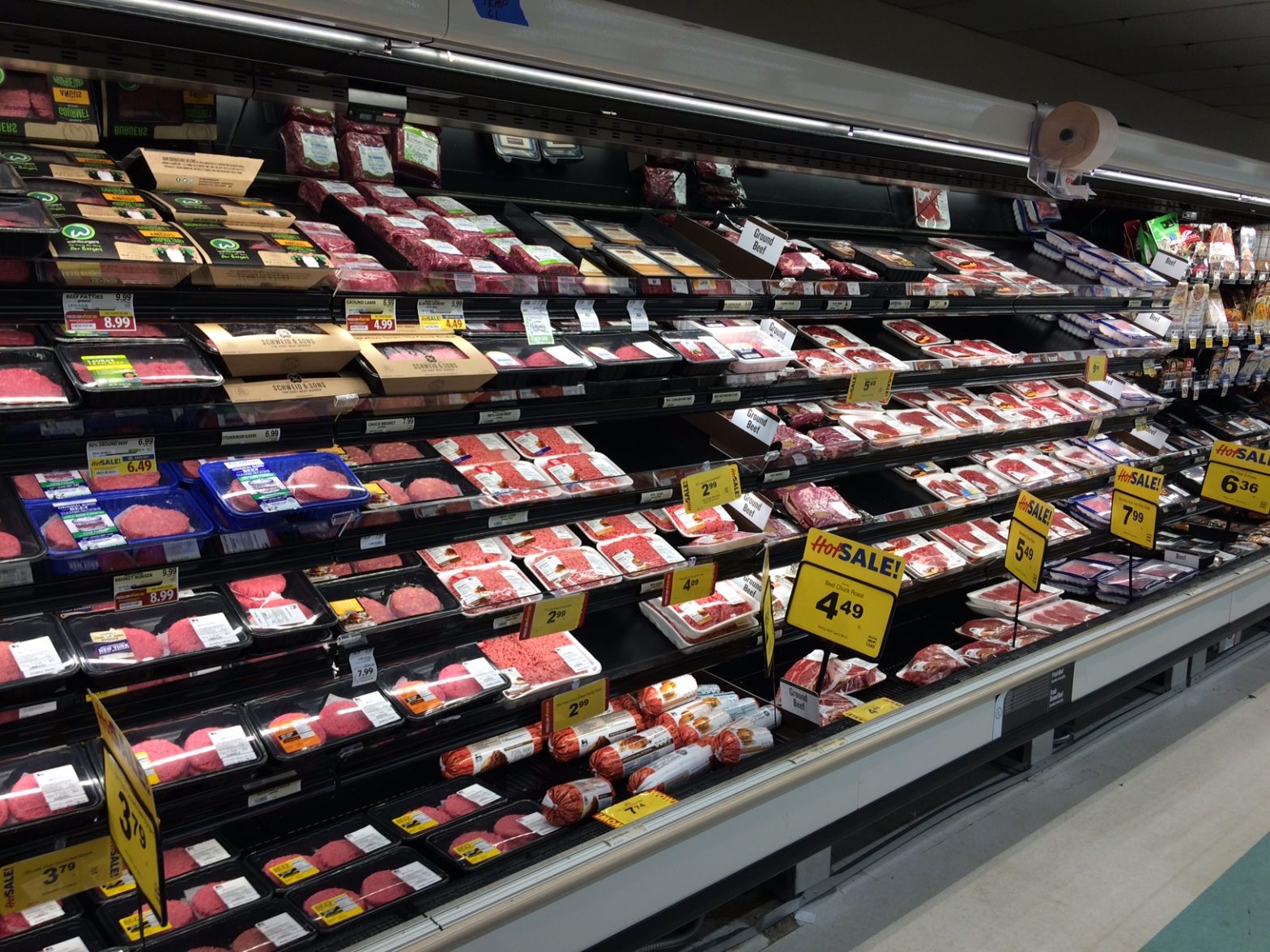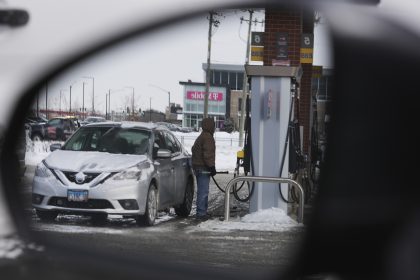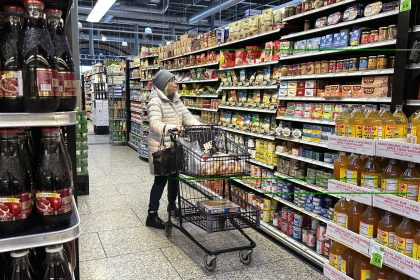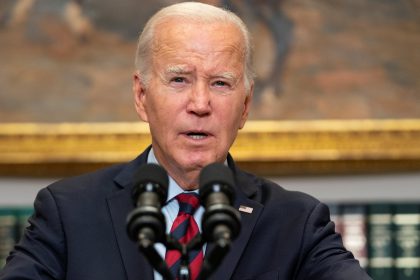US Inflation Soared 7% in Past Year, the Most Since 1982

WASHINGTON (AP) — Inflation jumped in December at its fastest year-over-year pace in nearly four decades, surging 7% and raising costs for consumers, offsetting recent wage gains and heightening pressure on President Joe Biden and the Federal Reserve to address what is increasingly Americans’ central economic concern.
Prices have spiked during the recovery from the pandemic recession as Americans have ramped up spending on goods such as cars, furniture and appliances. Those increased purchases have clogged ports and warehouses and exacerbated supply shortages of semiconductors and other parts. Gas prices, while declining a bit from November to December, have surged in the past year, in part because Americans have driven more in recent months after having cut back on travel and commuting earlier in the pandemic.
The Labor Department reported Wednesday that excluding volatile food and gas prices, so-called core prices surged 0.6% from November to December, slightly more than the 0.5% increase from October to November. Measured year over year, core prices jumped 5.5% in December, the fastest such increase since 1991.
Rising prices have wiped out the healthy pay increases that many Americans have been receiving, making it harder for households, especially lower-income families, to afford basic expenses. Poll show that inflation has started displacing even the coronavirus as a public concern, making clear the political threat it poses to President Joe Biden and congressional Democrats.
A significant portion of consumer inflation is still being driven by pandemic-driven mismatches between demand and supply. Used car costs rose 3.5% from November to December and have soared more than 37% compared with a year ago. With new car production restrained by shortages of semiconductors, consumers have snapped up used cars, forcing up their costs.
Shortages at U.S. grocery stores have also grown more acute in recent weeks as new problems, like the omicron variant and severe weather, have compounded the supply chain struggles and labor shortages that have plagued retailers since the coronavirus pandemic erupted.
On Tuesday, Chair Jerome Powell told Congress that the Federal Reserve is prepared to accelerate the interest rate hikes it plans to begin this year if it deems it necessary to curb high inflation. Fed officials have estimated that they will raise their benchmark short-term rate, now pegged near zero, three times this year. Many economists envision as many as four Fed rate hikes in 2022.
Those rate increases would likely increase borrowing costs for home and auto purchases as well as for business loans, potentially slowing the economy. The rate hikes also mark a sharp reversal in policy by Fed policymakers, who as recently as September had been split over whether to raise rates even once this year. The Fed is also rapidly ending its monthly bond purchases, which were intended to lower longer-term interest rates to encourage borrowing and spending.
Yet the Fed’s quick pivot hasn’t quelled questions from many former Fed officials, economists and some senators about whether the Fed has acted too slowly to end its ultra-low-interest rate policies in the face of accelerating inflation — and put the economy at risk as a result.
In his testimony to Congress on Tuesday, Powell said the Fed mistakenly believed that supply chain bottlenecks that have helped drive up the prices of goods wouldn’t last nearly as long as they have. Once the supply chains were unsnarled, he said, prices would come back down.
Yet for now, the supply problems have persisted, and though there are signs that they are loosening in some industries, Powell acknowledged that progress has been limited. He noted that many cargo ships remain docked outside the port of Los Angeles and Long Beach, the nation’s largest, waiting to unload.
With the Biden administration facing public discontent over the rise in inflation, President Joe Biden has said his administration’s investments in ports, roads, bridges and other infrastructure would help ease inflation by loosening some snarled supply chains.
In the meantime, many restaurants have been passing some of their higher labor and food costs on to their customers in the form of higher prices. So far, many consumers seem willing to pay more. Gene Lee, CEO of Darden Restaurants, which owns Olive Garden and other brands, told investors recently that this is “the toughest inflationary environment we’ve seen in years.”
The company said its food and beverage costs jumped 9% during the quarter, and its hourly wage costs rose nearly 9% as it raised pay to attract workers. Darden said it raised its prices, in turn, by 2% during the quarter and expects to raise them by 4% over the next two quarters to help compensate. Rick Cardenas, the company’s president and chief operating officer, said those higher prices have yet to reduce consumer demand.























